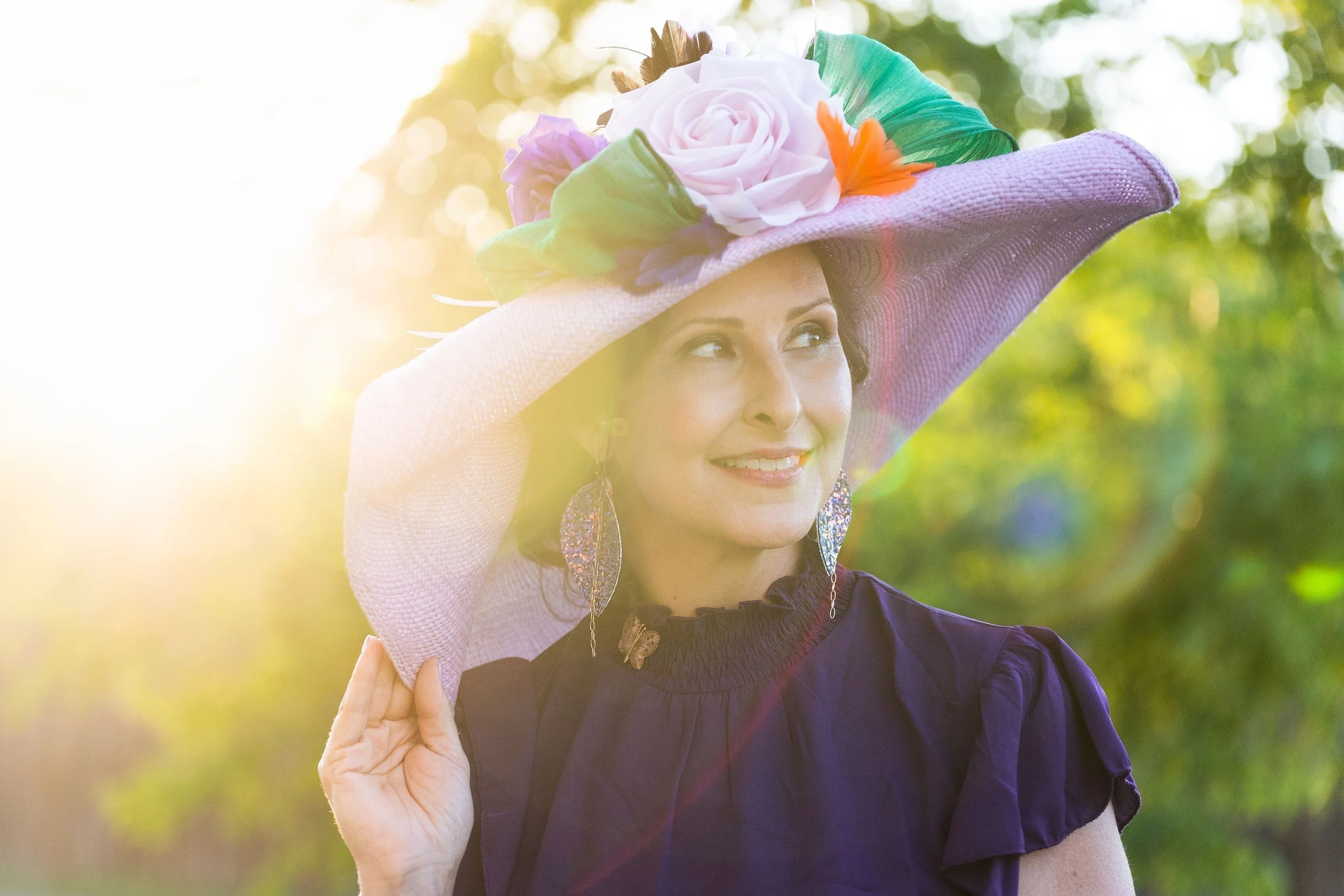By David T. Lewis
"I'm an adult." It's such a weird thing to say out loud. I’m currently repeating it in the dusty, smudged mirror of a portable toilet in Helsinki, Finland. A film crew outside is waiting for me to emerge so we can continue taping an episode of a reality TV show my wife and I have landed on.
I moved my family from Roseville, Minnesota to Helsinki last year for a job as a Communications Manager at the newly formed Aalto University. I wasn't fleeing anything. My wife and I both had stable jobs, a great house, happy kids. The move was, rather, a leap of faith: a romantic idea of adventure and the unknown.
But, if I’m honest with myself, the move was also something of a midlife crisis. My father had recently died, and I’d been in a dark place ever since. He was the person I looked to for clarity or guidance. I was nearing 40, with a loving family, and yet I had become rudderless and felt I was drifting off-course.
I had been trying to come to terms with all this yet no matter how profound I wanted to be, it felt so trivial. When talking about death, never in my life had something felt so un-containable, so massive, and so universal - yet so isolating. Maybe, unlike other major life events (marriage, parenthood, or masturbation), death is a secret. It's a late night step into a dark room; unable to find the language to ask for help, we are unbalanced and alone. I know this is normal. I know it ebbs and flows. I just wasn't ready for the awful and empty echo.
Unsure of how to recover, I started grappling with all those things the middle-aged do: I got hair loss pills to try to reclaim some kind of hipster man bun (I failed); I bought a skateboard and showed up at the local skate park to try to impress teenagers (more failure); I ate an entire chocolate bar of edible weed in Denver and locked myself in a hotel room for 12 hours (success?). Sadly, but not surprisingly, none of it was able to jar me from what was really an all-consuming sadness, a blanket of grey. I was, almost certainly, depressed.
Weirdly enough, this is our second time on a reality show. The first was for a basement fix-up in 2012. We had a cool mid-century house and it was a sunnier time. I still dry-heaved between takes, but back then, it was just due to performance anxiety. Now all those TV questions seem to have taken on a new existential heft. "How do you like the living room space?" and "Are you happy with your move?" have begun to sound like "What does it all mean?" and "What legacy will you leave behind when you die?”
This is hardly the first time I've struggled with my mental health. As a teenager I had awful panic attacks. In college, on the first date with my wife, I vomited on her feet. She thought it was cute; I assured her it wasn't. I once hid in a bathroom at a New Jersey Dunkin' Donuts, unable to decide between jelly or cream-filled, whimpering, "I can't." It sounds ridiculous, but it happened. I know I can be profoundly sensitive and brittle.
Along the way, I've had success, too. I've worked at all those things you read when you Google self-care: therapy, medication, meditation. Now, no longer nearing 40 but actually there, I have coping skills and a better sense of humor. I'm less serious. At least I was until I wound up with two cameras staring me down as I do multiple takes of, "Yeah, but the cabinets are just too dark."
The irony is not lost on me: I’m pulling myself together so I can talk about how many bedrooms we'd like in our new apartment. It couldn't be more banal. Still, my alternating depression and anxiety don't seem to care as our cabinets become the focus. With so little at stake, it feels as if I have so much to lose: my composure, my purpose, my sanity.
My brain’s on a loop as I leave the bathroom and step in front of the cameras. The director asks, "So what do you think of the kitchen?" I choke back the tears and tell her, "I think it's great." She smiles and I start to wonder if I should apply to be on Survivor next year.
David T. Lewis is a Dissonance Board Member.





